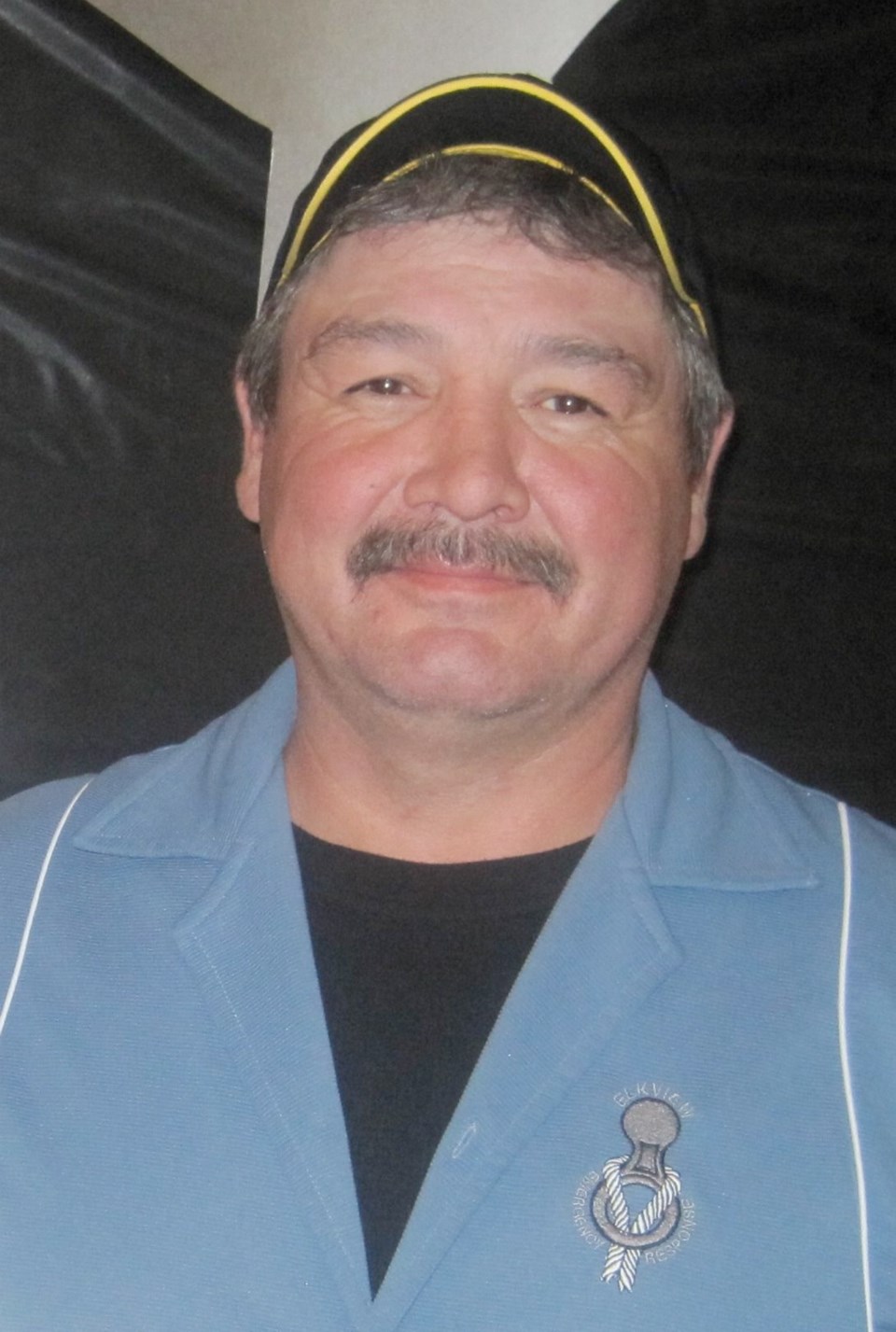The brother of the 51-year-old fisherman from Alert Bay who died when the Miss Cory capsized is calling for safety improvements to the industry.
Mel Rocchio was in the engine room when the vessel took less than two minutes to capsize Monday afternoon after listing in calm waters near Comox, off Cape Lazo. It was the first day of the commercial seine roe-herring fishery in the Strait of Georgia.
Four other crew members survived.
Rocchio’s brother, Jim, also a veteran of the commercial fishing industry, said a 19.5-metre-long boat doesn’t sink that fast unless there are “catastrophic failures.”
He said he wants to see a full investigation into his brother’s death.
“If anything, we need to learn from this,” he said. “I really feel in my heart that no one else should have to go through this. Identify the problem and correct it so other people don’t lose a brother, or uncle or grandfather.”
Glenn Budden, a marine investigator with the Transportation Safety Board, said witnesses reported the boat was alongside another boat and hauling up the catch when the accident happened.
Budden said it’s too early to determine whether the boat became overloaded from the weight of the fish.
Jim Rocchio said he fears that the age of the boat was a factor in causing it to sink so quickly. The Miss Cory was built in 1956 and based in Prince Rupert, according to Transport Canada’s marine vessel registry.
Rocchio said many boats built in the 1950s are still in operation, and they are risky for crew members.
“This isn’t going to stop until there’s more regulations,” he said.
David Christian, a retired commercial fisherman who runs a small boat-repair business, said boats heavier than 15 gross tons, such as the Miss Cory, must go through a Transport Canada steamship inspection every five years.
“It’s a very expensive and thorough inspection that’s done in the shipyards,” Christian said. “I think that’s why you don’t find that many old wooden boats in the industry anymore.”
He said many of the newer boats are made of steel, fibreglass and aluminum, but even they can be compromised when 100 tonnes of fish are hauled in.
Since 1993, a quota system has guaranteed fishermen with herring licences a share of the catch. That represented a significant safety improvement from decades ago, when fishermen would take great risks to haul in the most fish.
An industry group called Fish Safe provides safety training for commercial fishermen, advising them of the dangers of overloading boats and what to do in the case of an emergency.
Rocchio said the fact that his older brother went down to the engine room to turn off the pumps speaks to the character of a man always willing to help.
The four other crew members on the Miss Cory were tossed into the water and rescued by a nearby vessel. A search of the area by Canadian Coast Guard vessels and a Cormorant helicopter failed to locate Mel Rocchio.
Jim Rocchio said the RCMP told him the boat is under 400 metres of water and it that it likely will be impossible to recover his brother’s body so long as it is trapped inside the boat.
Along with Jim, Mel Rocchio had two older siblings, Doug and Becky. Mel and Jim Rocchio followed in the footsteps of their father, a commercial fisherman and logger at Zeballos.
Work Safe B.C. is investigating the accident.



